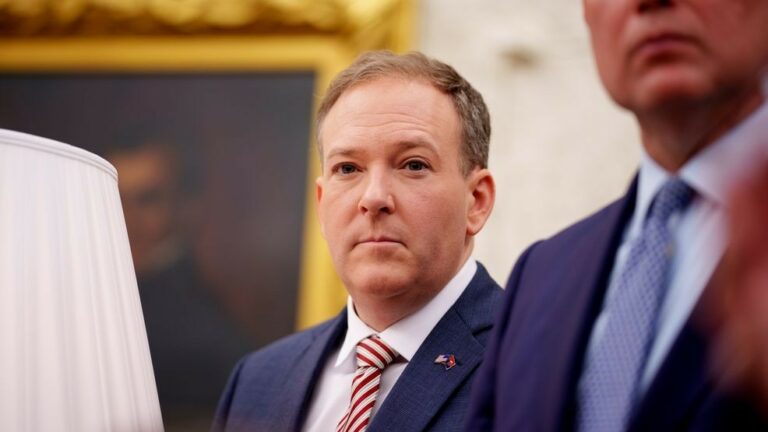EPA to Phase Out Controversial Start-Stop Car Technology
The Environmental Protection Agency (EPA) has announced plans to phase out the controversial start-stop technology in vehicles, a feature that has been a point of contention among drivers. EPA Administrator Lee Zeldin tweeted, “Start/stop technology: where your car dies at every red light so companies get a climate participation trophy.” He added, “EPA approved it, and everyone hates it, so we’re fixing it.”
The start-stop feature, designed to conserve fuel and reduce pollution by shutting off the engine at red lights, has faced criticism for potentially taxing car batteries and engines more quickly. The technology was first proposed in 2012 by President Obama but wasn’t implemented until five years later when fuel economy standards changed. Automakers have been receiving carbon credits for producing vehicles with this technology, which would be eliminated if it’s phased out. By 2023, 65% of new vehicles included this technology.
This decision aligns with President Trump’s executive order aimed at “unleashing prosperity through deregulation,” which directs the EPA and other agencies to eliminate at least 10 regulations for every new one proposed.




